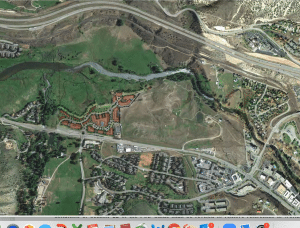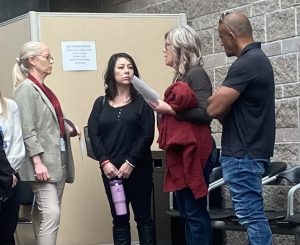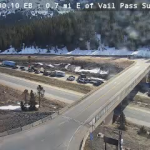Amid an old discussion on housing, a new idea emerges in Avon
Could a vacancy tax on empty homes work in Eagle County?
In August, when the Avon Town Council passed the first reading of a tax relief measure for local homebuyers, council members said they wanted more input and ideas before they would usher the ordinance into law with a second reading.
By October, Avon’s discussion on offering more real estate transfer tax exemptions had widened to include Vancouver’s empty homes tax on vacant houses, and the possibility of something like that working in Avon. On Oct. 22, the council passed a motion to table the real estate transfer tax exemption discussion until Nov. 19.
As a separate issue, Mayor Sarah Smith Hymes and Councilwoman Tamra Nottingham also said they would be interested in discussing an empty homes fee in Avon. Councilman Jake Wolf, who brought up the idea, surmised that the vacancy fee could accomplish much more than an incremental increase on real estate transfer tax exemptions, the idea that had spurred the discussion. Wolf also said if put in place first, a vacancy fee would alleviate concerns about the decreased town revenue which would come with an increase in the transfer tax exemption level.
“If we had that source of income from these second homes that sit empty, it would be easier for us to give an exemption to people that are in this community who can’t afford these prices, that want to live here,” Wolf said.
45% not occupied
Councilman Scott Prince said the real estate transfer tax exemption has been a good learning experience, but it may be time to re-examine the town’s motivation in starting the conversation.

Support Local Journalism
“To Jake’s point, do we want to take another holistic look at really what we’re trying to accomplish, and our goal here?” Prince asked his colleagues on council.
Published in December of 2018, the town of Avon Community Housing Plan outlines goals and objectives for the town related to housing. The plan says that 45% percent of all dwelling units currently in Avon are not occupied by year-round residents.

Among the objectives outlined in the plan is a goal to “stabilize or increase the percentage of year-round residents in Avon.”
Could fund development
Another top priority is for Avon to pursue housing development on town-owned land. While the town has land that could be used to develop workforce housing in the Swift Gulch and Wildwood areas of Avon, funds are currently far less than required to see the vision through. The town’s affordable housing fund had a balance of $675,000 at the time the community housing plan was published.
Wolf said a vacancy fee issued to homeowners who aren’t occupying their residences in Avon would bolster the town’s affordable housing fund in a hurry.
“The fee to have those houses sit empty, that money, if you added it up, all these empty houses, would put an inordinate amount of money into the coffers to help not just reducing the RETT, but in other areas,” Wolf said.
Town attorney Paul Wisor told the council that the Colorado Taxpayer Bill of Rights, otherwise known as TABOR, would make the roll-out of a vacancy tax a little different in Avon than it was in Vancouver, but it probably could be done.
“I think we could impose that fee, but I think there would need to be a nexus between that fee, and what we use that money for,” Wisor said.
View the community housing plan by visiting avon.org/DocumentCenter/View/18728/Avon-Housing-Plan









